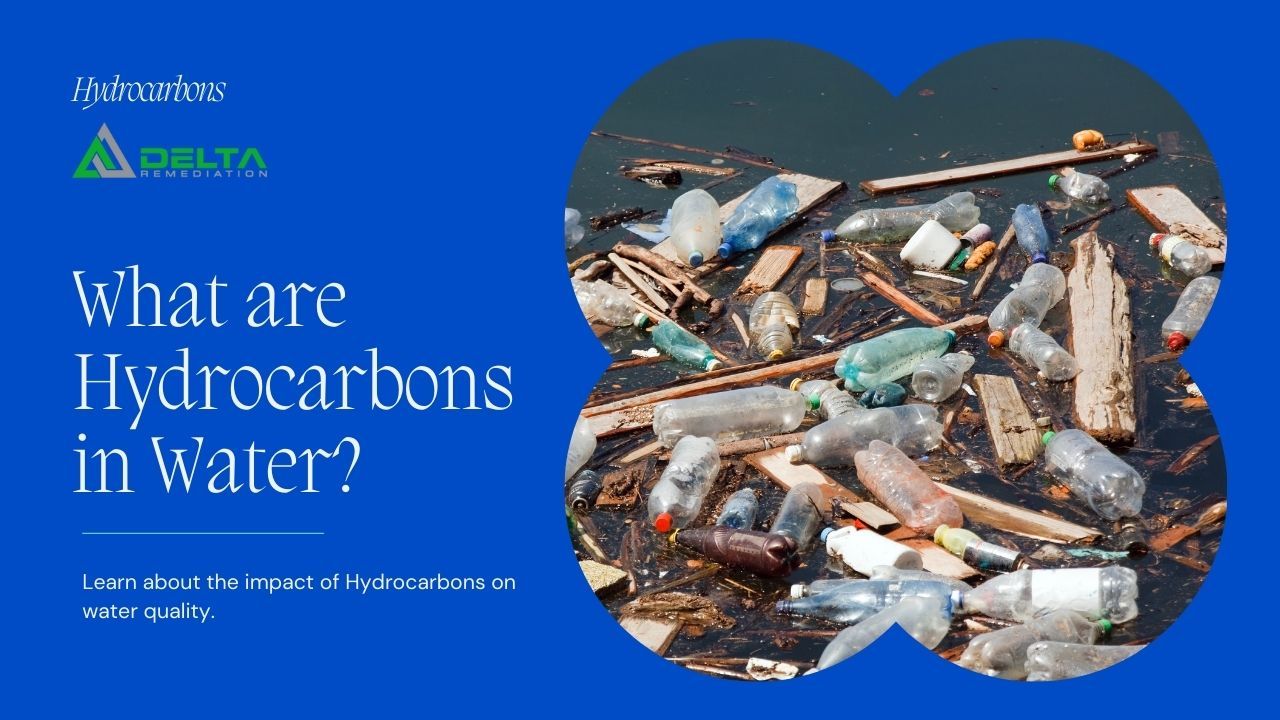Introduction
The infiltration of hydrocarbons, primarily from petroleum and natural gas, into water systems poses significant environmental and health challenges. This article explores the nature, sources, and impacts of hydrocarbons in water, along with strategies for effective management and remediation.
Understanding Hydrocarbons in Water
Hydrocarbons are organic compounds consisting of hydrogen and carbon. From simple molecules like methane (CH4) to complex forms such as naphthalene, hydrocarbons are central to energy production. However, their presence in water can be harmful.
Sources of Hydrocarbon Pollution in Aquatic Environments
Natural Origins
- Subsurface Seepage: Natural leakage from oil and gas reserves can introduce hydrocarbons into aquatic ecosystems.
Anthropogenic Causes
- Oil Spills: Accidental discharges during transit or drilling can significantly contaminate water.
- Industrial Effluents: Industrial processes often release water laden with hydrocarbons.
- Urban Runoff: Vehicular pollutants from urban areas can contaminate water through runoff.
Environmental and Health Consequences of Hydrocarbons in Water
Ecological Impact
- Biodiversity Loss: Toxicity from hydrocarbons disrupts aquatic ecosystems.
- Reduced Oxygen Levels: Decomposition of hydrocarbons can lead to oxygen scarcity, harming aquatic life.
Human Health Risks
- Cancer Risk: Certain hydrocarbons, particularly PAHs, are carcinogenic.
- Gastrointestinal Issues: Consuming water contaminated with hydrocarbons can cause digestive disorders.
Strategies for Controlling Hydrocarbon Contamination
Prevention Tactics
- Continuous Surveillance: Monitoring water quality near potential contamination sources is crucial.
- Infrastructure Improvements: Enhanced storage and transit infrastructures can prevent leaks and spills.
Remediation Techniques
- Skimming: This physical method involves removing hydrocarbons from the water surface.
- Chemical Dispersants: These aid in breaking down and managing oil spills.
- Bioremediation: Utilizing bacteria that naturally degrade hydrocarbons can be an effective treatment.
Conclusion
Addressing hydrocarbon pollution in water is vital for protecting ecosystems and public health. While natural occurrences are challenging to control, human-induced pollution can be managed through vigilant monitoring, improved infrastructure, and innovative treatment methods. As reliance on hydrocarbons continues, proactive measures are essential to safeguard our water resources.
Contact Delta Remediation
Interested in advanced, eco-friendly solutions for hydrocarbon remediation? Delta Remediation is at the forefront, offering rapid bioremediation techniques. 🌱 Committed to environmental restoration, we provide cost-effective and efficient alternatives to conventional methods. 🌎
Act now for a cleaner future: 📞 Call | 📧 Email Delta Remediation
Join us in our mission for a cleaner, healthier environment with Delta Remediation’s innovative bioremediation solutions.

